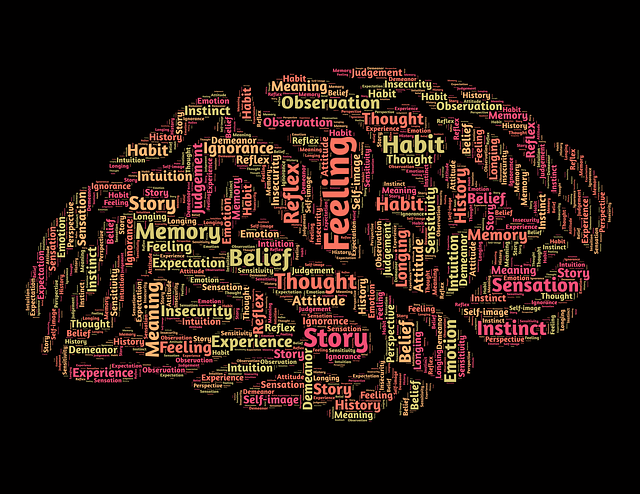Who needs emotional intelligence (EI or EQ)? My answer is everyone. In fact, it is something that should be taught throughout school. It doesn’t necessarily need to be a stand-alone course, though it certainly could be. EI could be included in courses for communication, psychology, sociology, and be a part of nursing and medical curricula. How can anyone effectively work with people and not have stellar EI.
Daniel Goleman’s theory of EQ is as follows:
Emotional intelligence is the ability to perceive emotions, to access and generate emotions so as to assist thought, to understand emotions and emotional knowledge, and to reflectively regulate emotions so as to promote emotional and intellectual growth.
Goleman also states that “Great leadership works through the emotions.”
(Goleman, Boyatzyis, & McKee. Primal Leadership: Unleashing the Power of Emotional Intelligence. 2013.)
What is the process for learning about EI? As with many things, it starts with self: Self-awareness and Self-management followed by Social Awareness and Relationship management.
I found a test online that can help you discover your EI and begin your journey. This test only gives you an idea of where you are, and it is not the full test. I encourage you to check this one or another one out.
Note that the first item of EI is Self-awareness. This is straight -forward, if you aren’t aware of your emotions, you won’t be able to change how you respond in various situations. Once you are self-aware you can learn or improve your ability to self-manage, I also refer to this as self-leadership. Self-awareness is the foundation of the rest. Becoming self-aware also helps you to develop Social Awareness. Having paid attention to yourself, your emotions, and your reactions in various situations, you will be more likely to be able to notice how others react or respond to a variety of emotional events. Empathy comes into play in this area: being aware of what others are experiencing. This doesn’t mean you want to respond to someone going through a traumatic event with “I know how you feel”. That isn’t empathy. Empathy is understanding from where that person is coming. You understand the pain, grief, and sadness being experienced by the individual. Developing these three areas naturally leads to Relationship management. Our lives are filled with relationships.
Why does this make a difference to anyone, or in this case, to leaders? I want my boss, coach, guide, or anyone in a leadership role to have these qualities; to be Emotionally Intelligent.
A leader with a high EQ would be likely to be much better at inspiring and leading teams. Hopefully, an EI leader will guide and assist in the development of the other leaders in the organization. There can be more than one leader. We all have different skills and abilities in which we can lead. A socially aware leader will know when to call on others.

You do not have to be a leader to become more EI, it is worthwhile for everyone. Synchronicity occurred today: I am once again taking part in a research study and one of the lessons today was about the brain – our caveman brain and our frontal cortex. These are the areas involved in our reactions. Too much to go into here. But watch for my next blog on our caveman brain and our frontal cortex.
Hi Dr. Elaine,
I am happy to see your current postings. You have been actively providing content on this platform. I always read your articles and find value.
May I suggest you use links in your article that points to another published article . I read that links add credibility to articles and improve its SEO ranking.
Thank you Ruth. I am continuing to write and post and it is always nice to know someone is reading and enjoying.